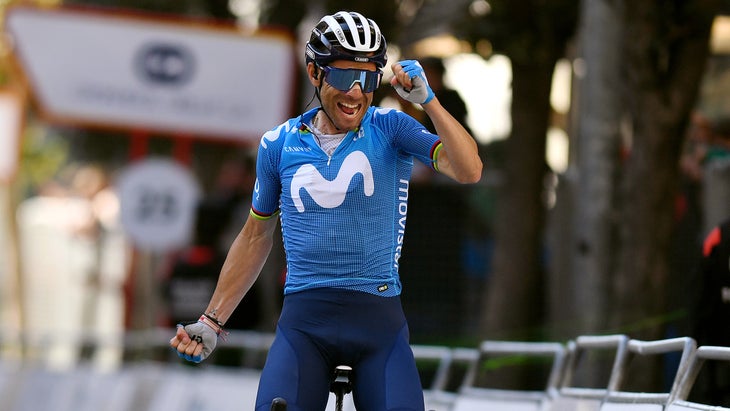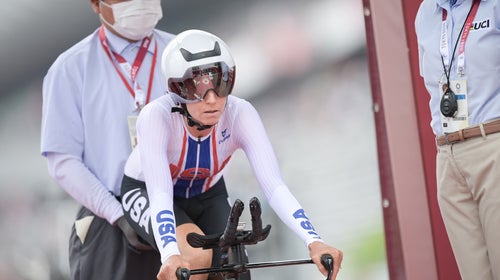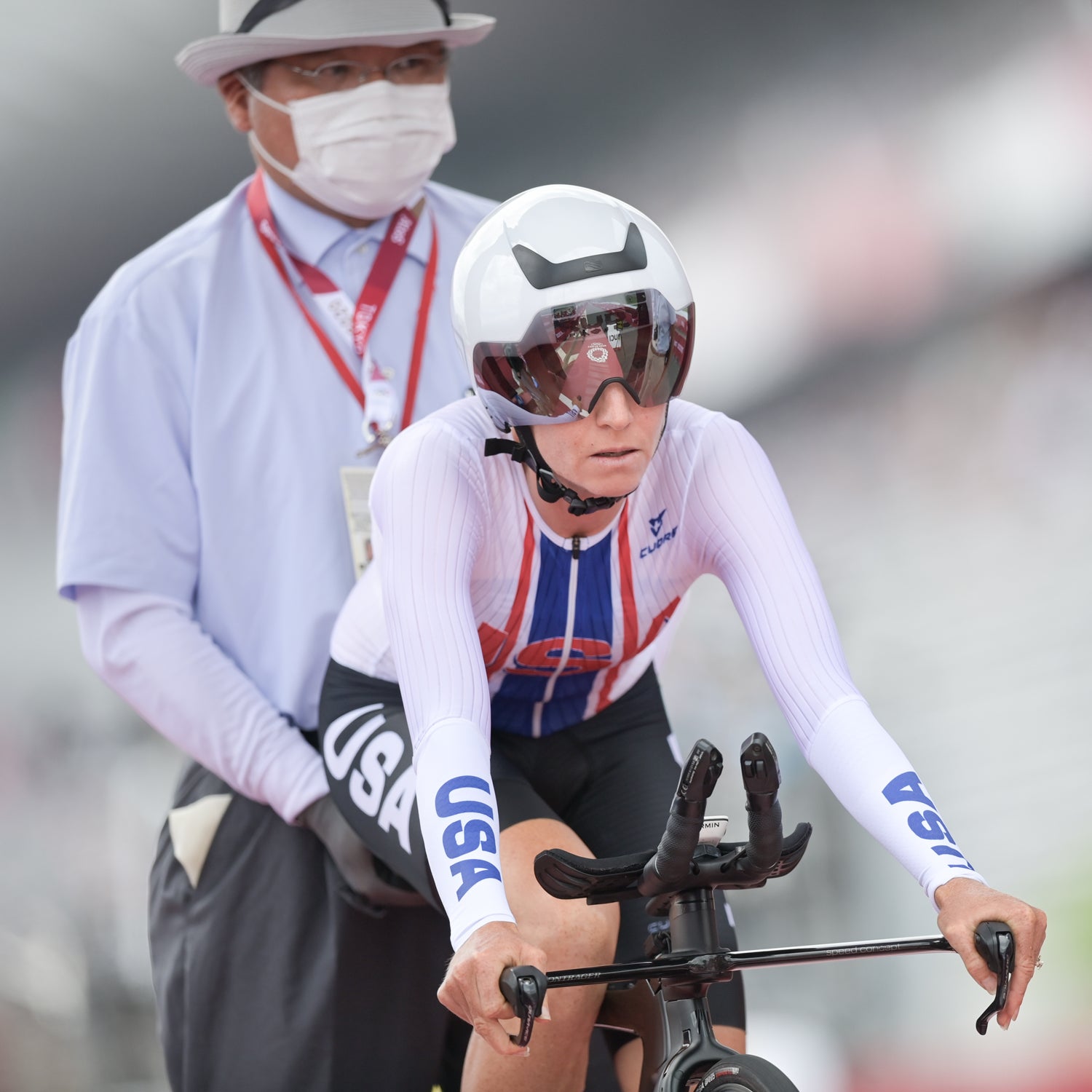This article was first published by VeloNews.com. To get more of its premium content along with your Outside subscription, join Outside+.
In sports, we are constantly aiming to improve. In many ways, it seems that we have control over our own abilities. If you train hard, you’ll get faster. If you want to climb better, practice hills. If you want to be more aerodynamic, you buy a skinsuit. The one piece of human physiology that appears to be completely out of our control is aging. It happens to everyone. The best athletes in the world get older, too. While there are some areas of performance that we typically see decline with age, we also see athletes setting new personal records well into their 50s. How can we age and still get faster? After all, the oldest athletes tend to be the most experienced.
Peak Fitness
According to strength and endurance records, men and women reach their peak performances between the ages of 25 and 35. This could be because generally speaking, maximal muscle strength is achieved between the ages of 25 and 35. That said, with proper training, many athletes will reach their personal peak performance at older ages. One of the reasons for this is that older trained athletes are often, if not always, stronger and faster than younger, untrained athletes. That means that if you are picking up a bike for the first time in your 40s, your fastest days are very likely still ahead of you. The most important part of trying to out-race our age is acknowledging the changes happening in your body and matching your training accordingly.
Strength and Age
Powerlifting national and world records generally decline by about 1.8 percent per year after the age of 35, which could indicate a generalized decline in strength after that age. The good news is that research does not indicate that age impairs the ability to improve muscle strength or size. This means that with proper training, older individuals have the ability to continue to improve. While improvement with age may be difficult for professional athletes, because they have likely already optimized their training, most amateur athletes have many ways that they can still hone their skills and strength routine in order to reap new benefits and thus, see improvements.
With the knowledge that strength declines with age, an athlete should put special focus on strength and resistance training. An increase in resistance training may be enough to maintain strength throughout the aging process and may even increase strength performance. Furthermore, strength training will help to mitigate bone density decline.
Cardiovascular System and Age
Similar to strength, older athletes may have a decreased cardiovascular ability, however, older athletes will still respond to cardiovascular training. While overall values tend to remain lower for older adults, when following a similar training plan, older individuals can make the same percentage of gains as younger individuals.
Based on research it would appear that at the highest level, records for the mile to the marathon decline at a rate of about 1 percent per year. After 60, the decline increases to 2 percent per year. These small declines are demonstrated through record books and therefore indicate the performance levels of individuals at the top of their sport, enduring the highest level of training.
Anecdotally, most athletes will complain of a greater decline in type 2 muscle fibers (sprinting ability) with age and boast of increased (or maintained) endurance. This again indicates the need for special attention to the area that seems to be lacking. Older athletes should spend extra time working on sprints, explosive movements, resistance training, and power movements. The other option is to transition with your body’s natural physiology and take on longer challenges with age that require more endurance and less speed.

Age and Performing in Adverse Conditions
Often we see that older populations are indeed more sensitive to environmental conditions and it is not psychosomatic. Older athletes will likely have more difficulty performing in the heat. Skin blood flow is lower in older athletes, which diminishes the ability to dissipate heat. The good news is that increased training and aerobic ability can actually improve the body’s ability to dissipate heat even at an older age. Furthermore, simply the knowledge that your body needs a little extra help in the heat can allow you to prepare cold beverages, ice socks, and implement other cooling strategies.
Similar to heat exposure, cold can also pose an increased challenge due to the body’s decreasing ability to constrict vasculature to keep blood closer to the core. This means that older athletes should lean more on their experience and pack the clothing and layers that they feel are needed rather than looking at their younger counterparts.
Finally, altitude has not been shown to pose a greater problem for the aging population in comparison to the younger demographic. While more data is needed, it’s fairly safe to say that high-altitude exercise is equally challenging for all age groups.
Take Away
Do not be discouraged by your body’s natural aging process. Instead, see any signs of decline in performance as helpful reminders of where you should be placing the largest emphasis in your training. The most encouraging aspect of aging is that your body continues to respond and adapt to training which means that nothing you do will be done in vain. Throughout your entire life you will reap the benefits of hard work.

